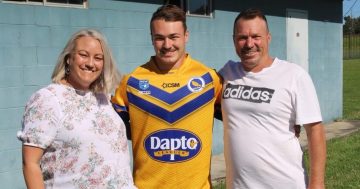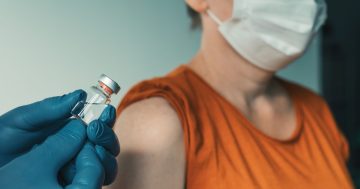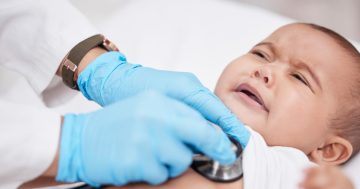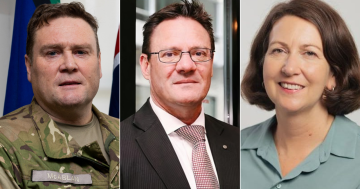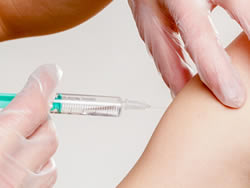 SA Health has revealed that the State’s successful Meningococcal B Immunisation Program is to continue indefinitely, with research showing it had been effective in preventing the illness in high-risk age groups.
SA Health has revealed that the State’s successful Meningococcal B Immunisation Program is to continue indefinitely, with research showing it had been effective in preventing the illness in high-risk age groups.
Minister for Health and Wellbeing, Stephen Wade said the Program was initially to run for three years but $3 million had been committed in 2021-22 and $5.3 million ongoing from 2022-23 to embed the immunisations indefinitely for babies and young people.
Mr Wade said the joint Women’s and Children’s Hospital and University of Adelaide Meningococcal B Vaccine Herd Immunity Study, B Part of It, found the Program had been key in a 60 per cent reduction in cases among infants and a 73 per cent drop in cases for adolescents.
He said that since the Program started, more than 358,000 doses of the Bexsero® meningococcal B vaccine has been distributed to 606 immunisation providers across South Australia, including GPs, council clinics, community and Aboriginal health centres.
“This landmark vaccination program is saving lives and protecting lives,” the Minister said.
Senior Medical Practitioner at the Women’s and Children’s Hospital (WCH) and Professor in Vaccinology at the University of Adelaide, Professor Helen Marshall said the study examined the vaccine’s uptake and effectiveness.
“Meningococcal B is a rare but serious illness which can cause meningitis and septicaemia, potentially leading to permanent disability or even death,” Professor Marshall said.
“It can affect all age groups but is most common in children under five years old and in young adults aged 15 to 24 years old,” she said.
“Our research found the immunisation program has been incredibly effective at preventing the illness in these age groups, which is largely due to the willingness of the community to get vaccinated and protect their babies, children and adolescents from the disease,” Professor Marshall said.
More information on the Meningococcal B Immunisation Program can be accessed at this PS News link and the B Part of It study at this link.


